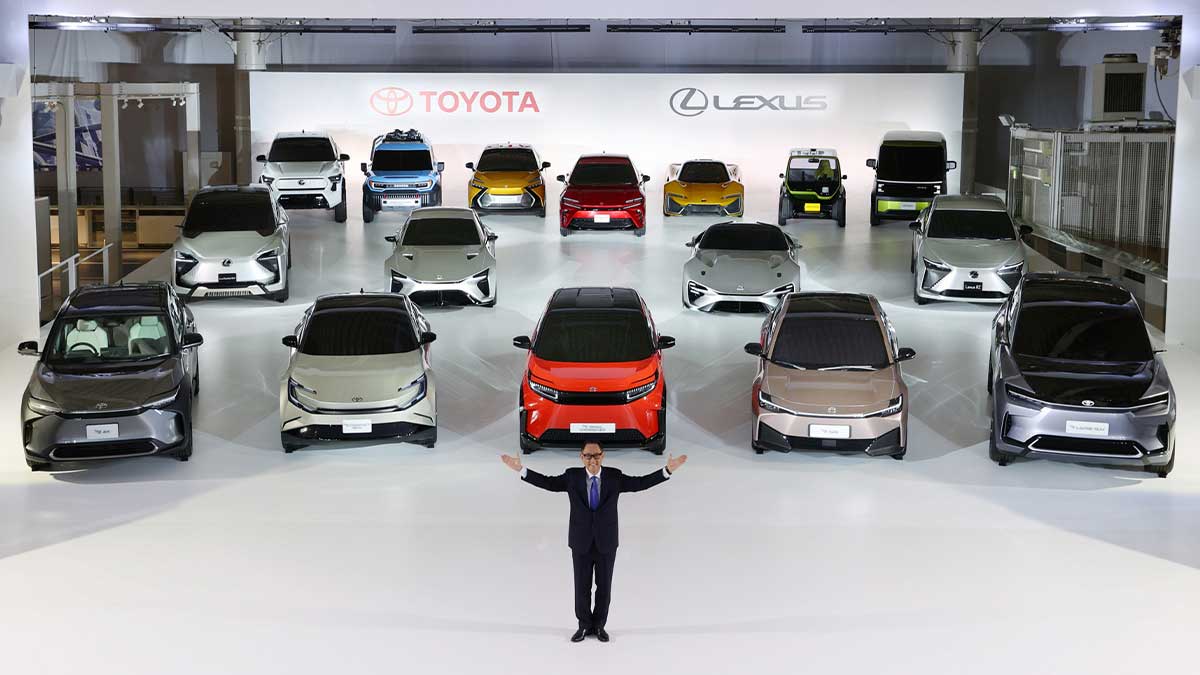Toyota is investing more than $35 billion in electric vehicles to keep up with rival global manufacturers in the quest to produce cleaner automobiles.
The world’s largest automaker said that between 2022 and 2030, it will invest 4 trillion yen ($35.2 billion) in developing battery-powered electric vehicles in order to compete more actively with Tesla, General Motors, and Volkswagen.
A big portion of the money will go into the batteries directly, with the Japanese corporation devoting another half trillion yen ($4.4 billion) to the technology, on top of the 1.5 trillion yen ($13.2 billion) already committed.
Read more: Toyota will only sell zero-emission vehicles by 2035 in Europe
Currently, the company only sells a few thousand battery electric vehicles every year. However, Toyota President Akio Toyoda stated at a news conference that the company now expects to release as many as 30 new models by 2030, with the goal of selling 3.5 million such vehicles every year.
That would account for more than a third of the company’s global sales last fiscal year, which reached around 9 million vehicles.
Toyota expects 1 million global EV sales by 2030, with the Lexus luxury brand playing a key role. By the end of this decade, Toyota wants all Lexus sales in Europe, North America, and China to be battery-powered electric vehicles, and globally by 2035.
Catching Up by Toyota in Electric war
Though Toyota has been a forerunner in hybrid and even hydrogen fuel cell vehicles, it has been slower to enter the completely electric vehicle market than several other big automakers.
In the six months ending in September, electric vehicles, including hybrid and fuel cell automobiles, accounted for approximately 28% of the company’s sales. However, battery-powered electric cars were a small part of that, accounting for only 0.1 percent of total sales.
The Prius, one of Toyota’s most known hybrids, was met with the same level of excitement and wait lists as Tesla vehicles in the early 2000s. Other automakers were chastised at the time for not producing equivalent cars.
Toyota, on the other hand, is playing catch-up in fully-electric cars and SUVs than 20 years after the boom.





















